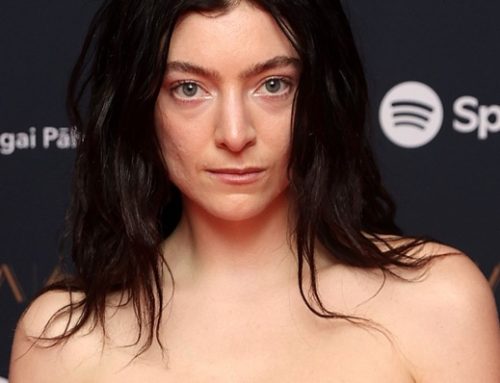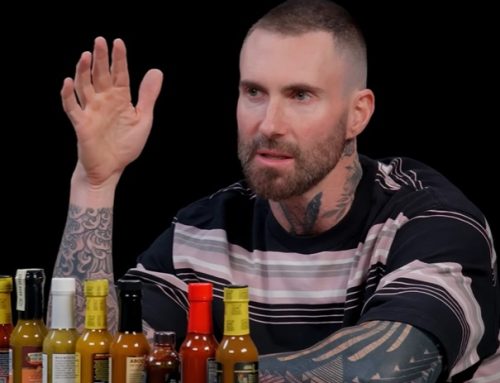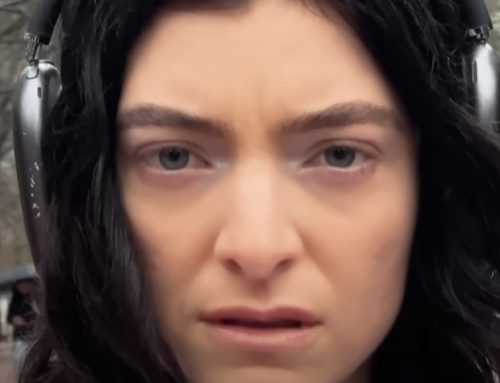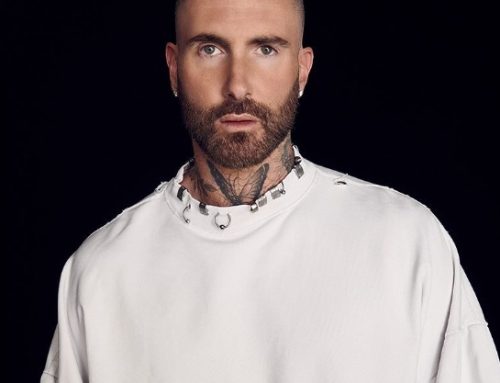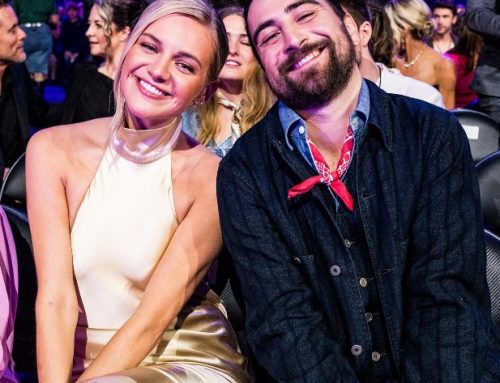A federal judge cleared Live Nation in the suit, but says it can move forward against the No Doubt singer.
Gwen Stefani lost a motion for summary judgment in a 2017 lawsuit on Monday, with a federal judge ruling the singer could be held liable for allegedly causing a stampede that injured a fan after the pop star invited the audience to approach the stage at a 2016 concert at PNC Music Pavilion in Charlotte.
In a strange rebuke of the artist, judge Robert Conrad from the Western District of North Carolina opened his 32-page decision quoting lyrics from the singer’s 2006 hit “Sweet Escape,” writing out the lines “I know I’ve been a real bad girl / (I’ll try to change) / I didn’t mean for you to get hurt whatsoever.”
In his ruling Conrad cleared promoter Live Nation, who had been named a co-defendant in the suit, saying the company had put in place reasonable precautions to protect fans that failed because of Stefani’s unexpected call to fans to approach the stage. As for Stefani, Conrad ruled that the singer’s actions were not protected by free speech rules and said a jury would likely find she acted negligently when she alleged caused a “stampede crowd rush” that injured plaintiff Lisa Stricklin.
According to the suit, about 10 minutes into the show Stefani told the audience, “If anyone wants to come down a little closer so I can see you a little better, just come on down, I don’t think anyone’s going to care.” She later retracted the statement after her manager told her Live Nation officials were losing control of the venue, asking audience members to return to their seats.
Stricklin said the initial rush to the stage led to a crush of fans climbing over seats with Stricklin being trampled and forcibly pushed into a wall, causing a lateral tibial plateau fracture to her left leg.
Conrad said Stefani’s calls to the audience were not protected by the First Amendment, writing “Stefani’s statement was intended to prompt action; it was not intended to further the marketplace of ideas or to aid in the common quest for truth and the vitality of society as a whole.”
He also rejected an argument that Stefani’s speech was protected by a 1988 case that ruled in favor of Ozzy Osbourne after parents of a teenager who committed suicide sued the Black Sabbath rocker, saying his songs drove the boy to kill himself.
The Osbourne case “involved substantive lyrics — not concert directions” Conrad wrote, adding that unlike the parents of the dead teenager “who was physically and temporarily distant from the artist and musical performance at issue, Plaintiff was in the same time and place as Stefani when Stefani invited the audience to come forward.”
Conrad ruled that “a jury could find that Stefani could have anticipated the reaction that her statement would prompt: thousands of people, many of whom were consuming alcohol, to descend toward the stage immediately,” he wrote. “It is foreseeable that in this mass movement, someone could get hurt.”
Conrad also ruled in favor of summary judgment for Live Nation, saying the concert promoter “did not owe Plaintiff a duty to protect her from the crowd and her resulting injury because Stefani’s actions were unforeseeable.”
The ruling paves the way for Stricklin to go to trial in her negligence case against Stefani, but Conrad ruled she could not seek punitive damages. Both sides are due back in court next year with a trial scheduled to begin Feb. 19.









